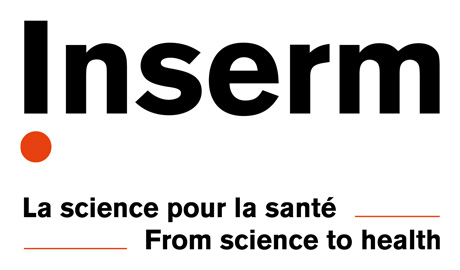





Type of contract
Location Montpellier,
Statut Available
Key Words
Details of the offer
Type of job
Type of contract
Application deadline
Employment start date
Contact
Send your CV and cover letter by email at : laurent.givalois@umontpellier.fr before April 18th of 2024.
KEY WORDS | epilepsy, neurodegeneration, neuroscience |
CITY | Montpellier |
COUNTRY | France |
DETAILS OF THE OFFER | Working place: Mécanismes Moléculaires dans les Démences Neurodégénératives (MMDN) Missions: A pathological link between epilepsy and neurodegeneration, particularly in the context of Alzheimer's disease (AD), has been clinically reported and has sparked some debate. Seizures are more likely to induce cognitive dysfunction in older patients than in younger subjects. Individuals with temporal lobe epilepsy (TLE) exhibit an increase in certain markers associated with AD, such as amyloid-β peptides (Aβ) and hyperphosphorylation of tau protein, as well as comorbidities such as cognitive impairment. This connection between epilepsy, neurodegeneration markers, and aging supports the notion of an epileptic prodrome. However, preclinical studies are needed to understand the impact of epileptic seizures on the aging brain and to determine the effect of the age of onset of first epileptic seizures on aging and associated pathologies, particularly AD. As part of the "EpiNeurAge" project, we will define (WP1) and target (WP2) the pathological link between experimental epileptic seizures, age, and AD-associated neurodegeneration. Building upon our recent and published data showing a functional role of epilepsy in INDUCING AD markers in young adult mice, in WP1, we will attempt to understand how molecular and pathophysiological trajectories are differently impacted depending on the age of onset of first seizures. Subsequently, we will employ two relevant transgenic models for AD to examine how status epilepticus (SE) and epileptogenesis ACCELERATE neurodegeneration. Finally, in WP2, we will endeavor to assess the involvement of glucocorticoid receptors (GR) as an entry point to converging pathways of neurodegeneration and neuroinflammation, testing the possibility of a novel PHARMACOLOGICAL MODULATION relevant for slowing age-related pathology.
Primary Mission: Within the framework of the EpiNeurAge project, the postdoctoral researcher will be responsible for in vivo experiments and ex vivo analyses (WP1 & WP2): recording and analysis of electroencephalograms (EEG) in transgenic Alzheimer's mice (J20) raised in the laboratory; behavioral studies; immunohistochemical and biochemical analysis of brain repercussions induced by various treatments. Secondary Mission: Additionally, they will be involved in managing the breeding of J20 transgenic mice to facilitate the execution of the "EpiNeurAge" project. Activities: WP1: Will epileptic seizures promote neurodegenerative markers associated with AD, and is this influenced by age in wild-type mice? Two experimental models will be tested: a temporal lobe epilepsy (TLE) model (Task-1) and a model inducing generalized seizures (Task-2). Finally, the impact of aging and age of onset of the first seizure will be assessed in an amyloidogenic AD transgenic model, the J20 model (Task-3). WP2: Evaluation of the therapeutic potential of pharmacologically targeting glucocorticoid receptors (GR) during epileptic seizures (TLE & generalized seizure), neurodegenerative, and neuroinflammatory processes during aging. After comparing the impact of epileptic seizures (TLE and generalized seizure) and the Alzheimer's genotype on GR dysfunction (Task 1) depending on age, we will evaluate the therapeutic potential of targeting GR with selective modulators of these receptors (sGRm) on neurodegenerative pathways induced by epileptic seizures (TLE and generalized seizure) in wild-type mice (Task-2) and Alzheimer's mice (Task-3). Qualifications:
|
TYPE OF JOB | Postdoc position |
APPLICATION DEADLINE | 18 APR 2024 |
EMPLOYMENT START DATE | 1 MAY 2024 |